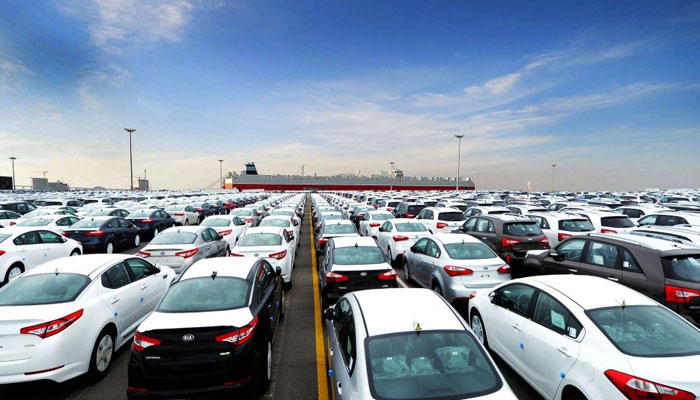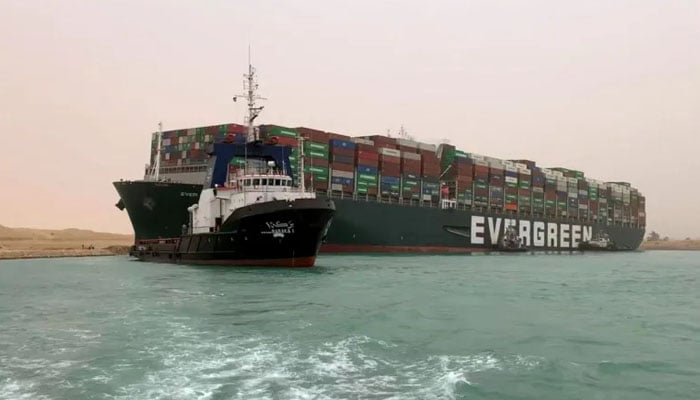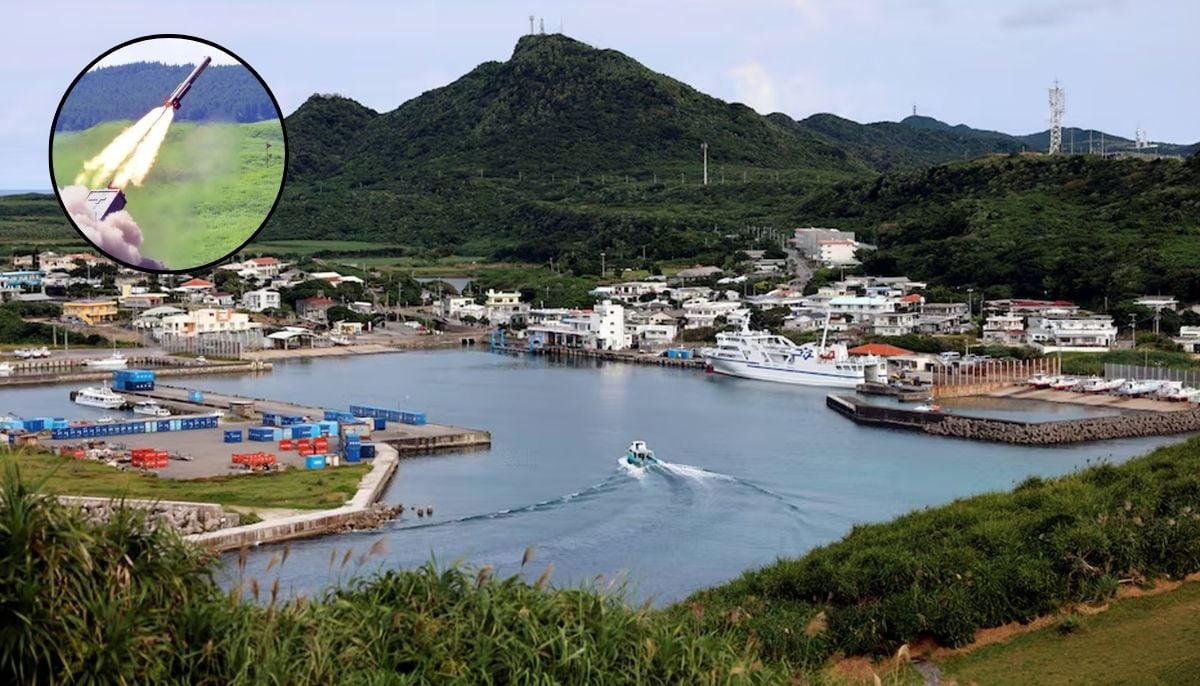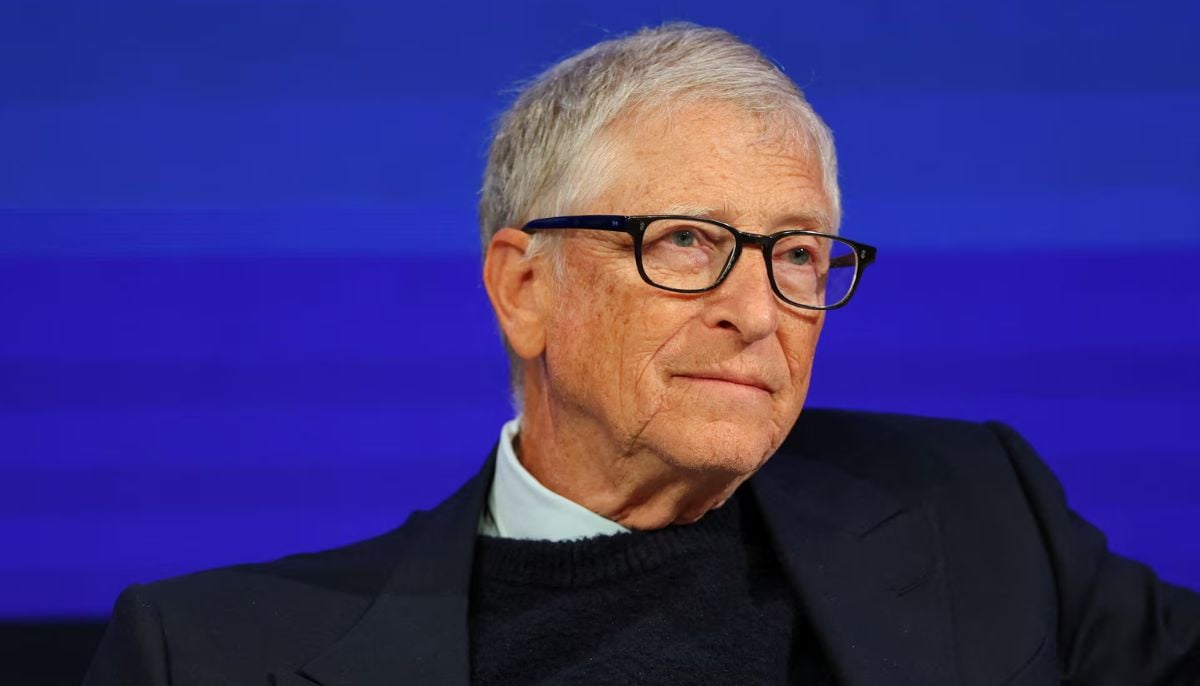World's longest traffic jam lasted for 8 years — but why?
World's longest traffic jam signifies prominent aspect of global history, lasting for 8 years
Under increasingly tense circumstances, fifteen cargo ships set off on a normal passage through the Suez Canal on June 5, 1967. They had no idea that their twelve-hour journey would turn into an eight-year struggle, resulting in one of the worst traffic jams in recorded human history.
Since its establishment in 1869, the Suez Canal has played a crucial role in world trade and economy by operating as a critical marine route.
Sea transportation was revolutionised by its advantageous location as a bypass between Europe and Asia, resulting in a significant reduction in travel time and distance.
The Suez Canal was blocked for a number of years following the regional conflict involving Egypt and Israel, which made the problems facing the world economy even worse. The canal wasn't reopened until June 5, 1975, which was precisely eight years after the cargo ships' tragic voyage.
In addition, the world wars of 1967 and 1973 were severe wake-up calls to the vulnerability of global supply lines and the interdependence of economies around the world.
The Suez Canal has persisted as a crucial conduit for international trade, allowing the flow of products and promoting economic growth between continents, in spite of obstacles and disappointments.
Its ability to bounce back from setbacks is evidence of the maritime transportation industry's lasting influence on the modern world.
-
Trump delivers longest State of Union address in history: Inside key details on economy, security and global strategy
-
Trump’s 2026 State of Union address: Inside key takeaways, major policy shifts & top announcements
-
Rep. Al Green removed from House chamber during Trump’s State of Union address: Here’s what happened
-
Bill Gates breaks silence on Epstein links, ‘took responsibility for his actions’ during town hall meeting
-
President Donald Trump delivers the traditional State of the Union address to Congress
-
Australia: Bomb threat behind evacuation of PM Anthony Albanese linked to Chinese dance group
-
Applebees closures expand with Glenville restaurant closing for good after 10 years
-
Louvre director resigns after historic jewelry heist exposed security flaws













